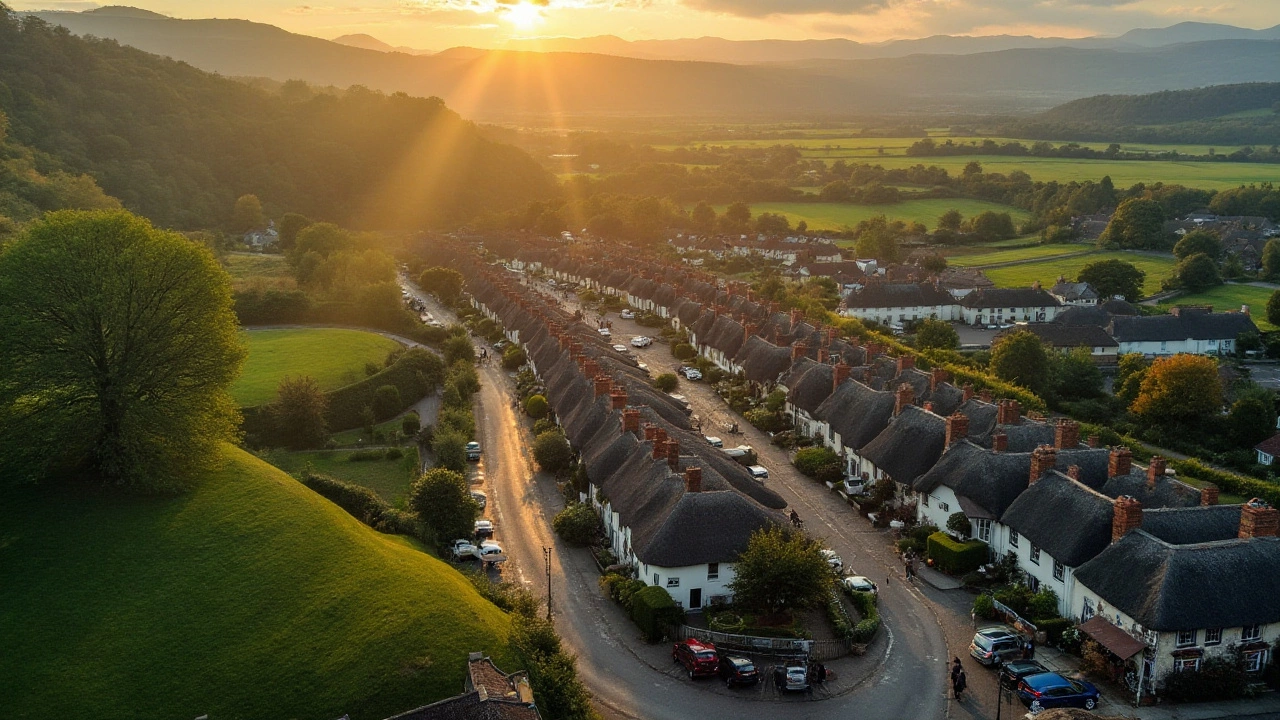In a world where property prices often seem daunting, discovering affordable places to purchase real estate can be like finding hidden treasures. From bustling cities to serene towns, buyers are exploring diverse regions with promising opportunities. This article uncovers some of the cheapest places to buy property globally, offering insight into market trends and investment potential. Whether you're a first-time buyer or a seasoned investor, these locations promise value without breaking the bank.
Low-Cost Houses: Your Guide to Budget-Friendly Home Buying
Looking for a place to call home without breaking the bank? Low-cost houses are out there, but you need a plan to find them. This guide gives you straight‑forward steps, real‑world examples and simple tricks to make a cheap property work for you.
Where to Look for Low-Cost Houses
First stop: online portals that list budget homes. Sites that let you filter by price under £50,000 or similar thresholds will show you the most affordable options. Don’t ignore smaller towns or rural areas – prices drop fast outside big cities. For example, in the north of England you can often find three‑bedroom houses for under £70,000, while some Welsh villages have homes under £40,000.
Next, check local council websites. Many councils run schemes that list vacant or repossessed properties at reduced rates. These often need a quick sale, which can mean a lower price tag. Also, keep an eye on auction houses. Property auctions regularly feature low‑cost houses that need a bit of work, but a little DIY can turn a bargain into a solid investment.
How to Save Money When Buying
Saving on the purchase price is just the first step. Look at how you pay for the house. Some lenders offer special mortgage products for first‑time buyers with low deposits. In England, the Help to Buy equity loan can cover up to 20% of the purchase price, letting you put down a smaller cash amount.
Don’t forget about government grants. Certain regions have down‑payment assistance programs that give you cash or a loan that doesn’t need to be repaid until you sell. Check the local housing authority for the latest offers – they change each year.
Another money‑saving tip is to negotiate closing costs. Many fees, like solicitor charges or survey fees, are negotiable. Ask your solicitor for a flat‑fee quote and compare it with other providers. Also, ask the seller to cover part of the transfer tax – they may be willing to split it to close the deal faster.
Finally, factor in renovation costs early. A low‑cost house may need a new roof, fresh paint, or updated wiring. Get a quick inspection and a rough estimate before you make an offer. If the repair budget is reasonable, you can still end up with a house that’s well under market value.
By combining these steps – using price filters, checking council listings, exploring auctions, tapping into grants, and negotiating fees – you can turn the search for low‑cost houses into a realistic path to homeownership.
Ready to start? Grab a notebook, set a budget, and begin scanning the sites mentioned above. The perfect low‑cost house is waiting; you just need the right strategy to find it.
